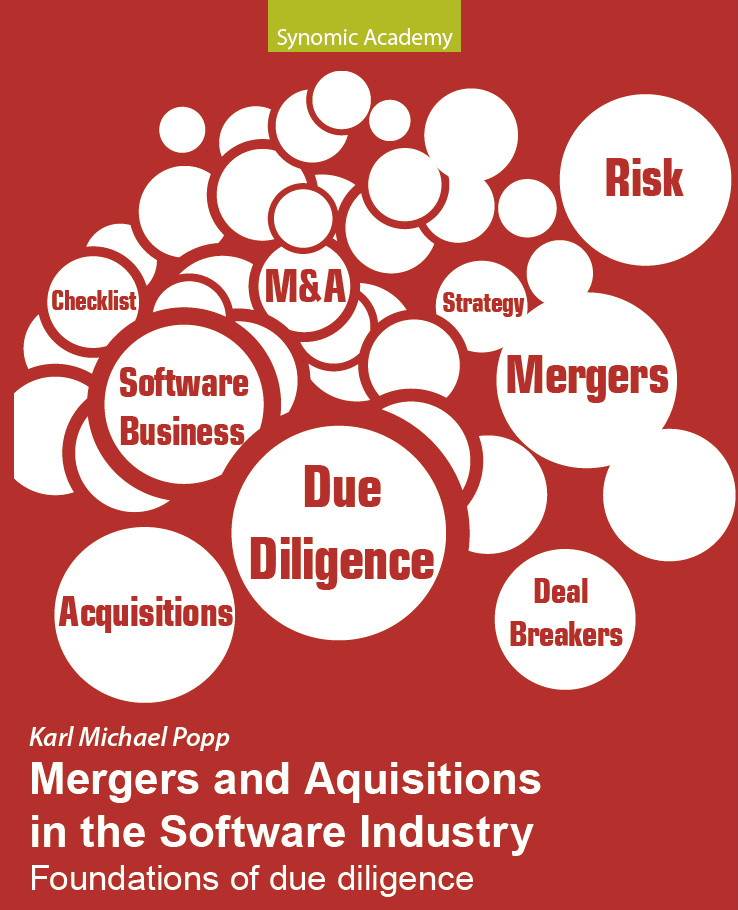Importance of Supply Chain Analysis in Due Diligence
This blog is in the Top 25 M&A blogs worldwide according to Feedspot
Here's why conducting a thorough and comprehensive analysis of the supply chain is immensely significant during the crucial due diligence phase in the complex process of mergers and acquisitions (M&A):
1. Risk Identification and Management
- Engaging in an in-depth and meticulous examination of the supply chains of both merging companies facilitates the identification of various risks, including but not limited to supplier dependencies and potential disruptions in logistics, all of which could significantly affect the operational structure following the merger.
- This analytical approach empowers organizations to foresee potential disruptions within their supply chains and implement effective strategies to mitigate these risks, thereby ensuring the preservation and continuity of their operational activities.
2. Uncovering Synergies and Opportunities
- A detailed analysis of the supply chain provides invaluable insights into operational synergies and redundancies that may exist between the entities that are merging, allowing for a clearer understanding of how these organizations can work together more efficiently.
- Furthermore, it highlights the various opportunities available to streamline operations, enhance logistical efficiency, and reduce operational costs, all of which contribute to the overall enhancement of value creation within the newly formed organization.
3. Operational Gaps and Integration Planning
- The process of identifying operational gaps within the supply chains of the merging companies is essential, as it allows for the development of effective and strategic plans aimed at achieving a seamless integration following the merger.
- This analysis draws attention to critical areas that require alignment and harmonization, including technology systems, operational processes, and cultural differences, thereby ensuring that the transition is as smooth and efficient as possible.
4. Cost Evaluation and Savings
- A thorough analysis of the supply chain yields significant insights into the various cost structures in place, which in turn helps to uncover opportunities for substantial savings through enhanced negotiation tactics and the implementation of more efficient procurement strategies.
- Additionally, this analytical process facilitates improved budgeting and strategic planning, ensuring that the financial objectives of the merged entity are effectively aligned with its operational capabilities.
5. Strategic Overview and Long-Term Planning
- An exhaustive supply chain analysis provides a strategic perspective on the scalability and growth potential of the merged organization, allowing stakeholders to visualize the future landscape of operations.
- This comprehensive understanding also informs long-term strategic planning by ensuring that the capabilities of the supply chain are closely aligned with the overarching strategic objectives of the newly combined entity.
Conclusion
The process of conducting a thorough supply chain analysis during the due diligence phase is absolutely vital for uncovering hidden risks, maximizing potential synergies, and guaranteeing a smooth transition once the merger is finalized. This extensive assessment not only supports the integration of operations but also plays a crucial role in strategic planning and effective risk management, ultimately leading to a successful and fruitful merger or acquisition.
Like my thoughts? READ MY NEW BOOK
ORDER AT AMAZON
ORDER IN GERMANY









